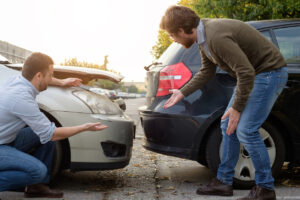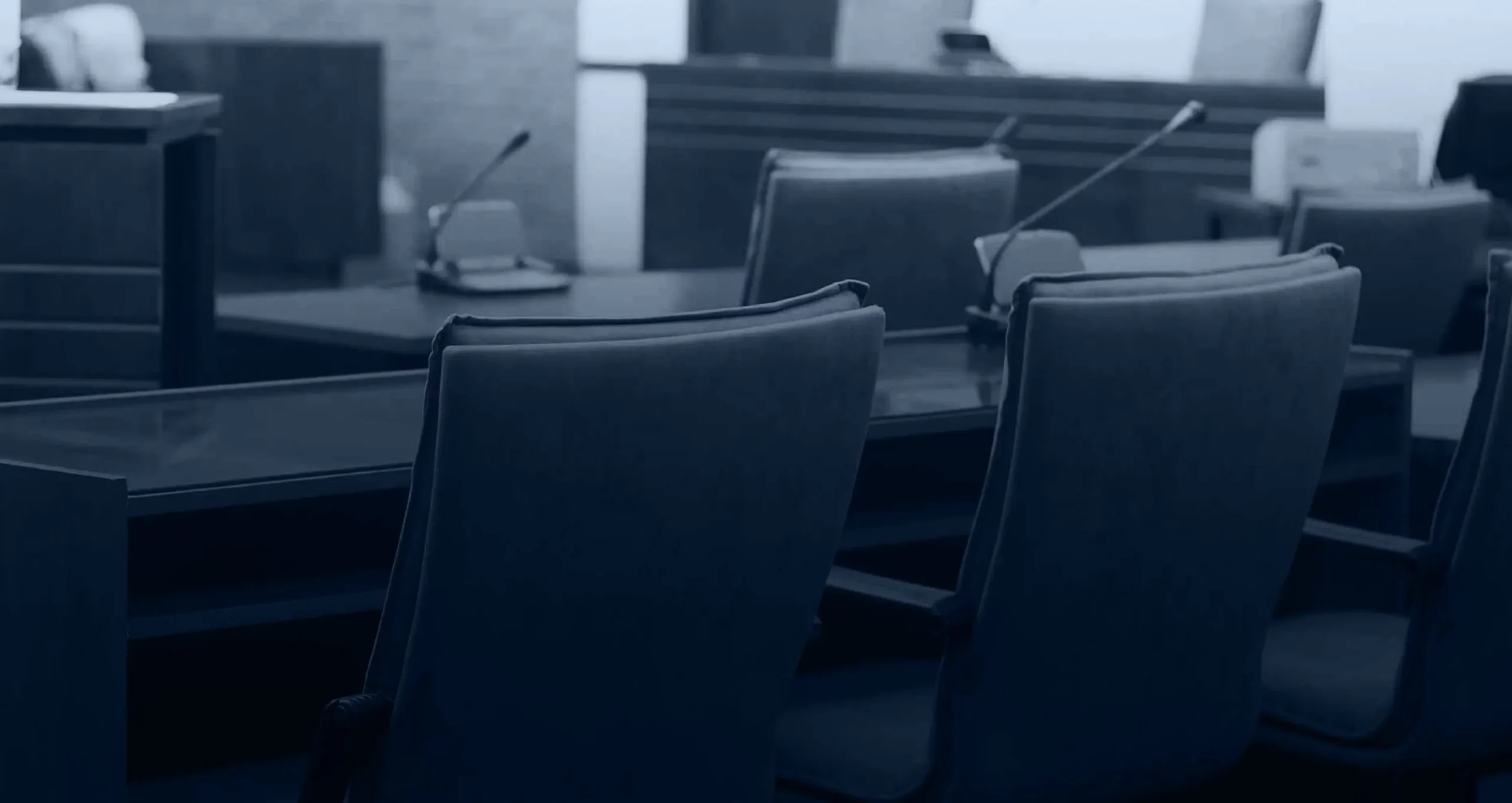
Dangerous and defective vehicles cause tens of thousands of traffic accidents every year. The causes of these car accidents range from defective brakes to view obstructions from damaged windshields. Although some states require universal vehicle safety inspections, most states, including Illinois, do not.
Instead of preemptively stopping these vehicles from reaching roads and highways, the state places the burden on police officers to stop them. Unfortunately, these vehicles can cause crashes that endanger drivers and other road users.
If you’ve sustained injuries in a car accident in Chicago, Illinois, Zayed Law Offices Personal Injury Attorneys can help you hold the at-fault party accountable for your damages. Contact us to learn more about your legal options by calling us today at (312) 726-1616 for a free, no-risk case review.
How Zayed Law Offices Personal Injury Attorneys Can Help After an Automobile Accident in Chicago, IL

Zayed Law Offices Personal Injury Attorneys was formed in 2009 to assist accident victims in pursuing fair injury compensation. Our Chicago car accident lawyers have decades of combined legal experience representing injured clients against the people and businesses that injured them. To date, we’ve recovered tens of millions of dollars on behalf of our clients.
When you have suffered an injury due to someone else’s actions, our attorneys can help by:
- Launching a complete internal investigation into your accident
- Collecting the necessary evidence to prove your claim
- Evaluating your damages and best course of action with the aid of experts as needed
- Negotiating with the opposing party on your behalf and taking care of all the communications and paperwork
- Filing a lawsuit against the at-fault party if doing so is in your best interest
Car accident injuries can change your life forever in Chicago, IL. Contact Zayed Law Offices Personal Injury Attorneys for a free consultation to discuss your car crash and the compensation you can seek for the injuries you suffered.
How Many Accidents Are Caused by Defective Vehicles In Illinois?
Unlike some states, Illinois does not release statistics about how many crashes result from vehicle defects. But a study by the National Highway Transportation Safety Administration (NHTSA) found that roughly 2% of car accidents result from vehicle problems.
Overall, Illinois had 295,604 traffic accidents in 2021. Applying the NHTSA’s statistic to Illinois, you can estimate that roughly 5,912 car crashes in 2021 resulted from vehicle faults such as:
- Defective or worn brakes
- Damaged tires
- Broken steering
- Worn or broken suspension
- Burned-out headlights, tail lights, brake lights, or turn signals
You can estimate that roughly 24 people died from these accidents, and 1,220 people suffered an injury.
Vehicle Safety Inspections in Chicago, IL
Vehicle safety inspections were widespread in the late 1960s and early 1970s. Congress passed a national highway bill authorizing the Secretary of Transportation to withhold a portion of a state’s highway funding if it refused to implement vehicle safety inspection laws. As a result, 31 states eventually required annual safety inspections.
But states have slowly repealed these laws since the mid-1970s when Congress repealed its mandate. As a result, only 15 states still require vehicle owners to have their vehicles inspected regularly as part of their registration requirements.
Most vehicle owners in Illinois do not need regular safety inspections. Illinois car inspection laws only apply to “second division” vehicles like buses, delivery trucks, and semi-trucks. Passenger vehicles like cars, pickup trucks, and vans do not need annual inspections.
This does not mean Illinois drivers can drive unsafe, defective, or damaged vehicles. Illinois law prohibits drivers from driving any vehicle which:
- Is so unsafe that it endangers people or property
- Lacks parts or equipment required by Illinois law, such as headlights
- Includes parts or equipment banned by Illinois law
If a police officer sees or suspects a vehicle of violating the equipment laws, the officer can stop the driver, inspect the vehicle, and issue a citation.
Consequences of Driving an Unsafe Vehicle
The penalty for violating equipment laws in Illinois is a $75 fine. The fine does not increase for repeat offenses.
In addition to a fine, the Illinois Secretary of State’s office can add points to your driving record. Once a driver over 21 commits three or more offenses in 12 months or a driver under 21 commits two or more offenses in 24 months, the state can suspend the offender’s driver’s license.
The length of the suspension depends on the number of points accrued. Points assessed for equipment violations include the following:
- 20 points for defective brakes
- 10 points for broken headlights or tail lights
- 5 points for broken brake lights
- 5 points for broken turn signal lights
Importantly, these points get added to the points for any other tickets you receive during the period.
Liability for Accidents Caused by Unsafe Vehicles
In some situations, the liability for an accident that results from vehicle defects can fall on the driver of the unsafe vehicle. To prove negligence in Illinois, you must show the other party failed to exercise reasonable care. If a driver knew their vehicle was unsafe and failed to take reasonable actions to fix it, they bear liability for any resulting crashes.
Thus, suppose that a driver hits your vehicle from behind in a rear-end collision. The driver might try to escape liability by pointing to their defective brakes. But if you prove the driver knew the vehicle was not stopping correctly and drove anyway, the liability for your injuries could fall on the driver.
Schedule a Free Consultation With Our Car Wreck Lawyer in Chicago
Car accidents can cause serious mental and physical trauma regardless of their causes. Contact Zayed Law Offices Personal Injury Attorneys for a free consultation to discuss your car accident injuries and the compensation you can pursue. Our Chicago car accident attorneys work on a contingency fee basis, which means we only get paid for our legal services if we obtain compensation for you.





